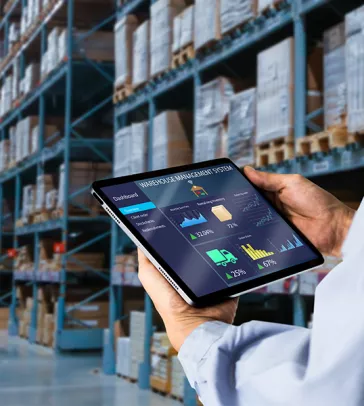blue
TraceLink benefits
Gain critical intelligence with digitalized, collaborative supply connections
The TraceLink network platform and integrated suite of supply chain orchestration and compliance solutions help healthcare providers, from the largest health systems and hospital groups to the independent clinic, ensure reliable supply.
We give you the product/transaction data and the supply intelligence you need to serve your patients.
Orchestrations for your network
Explore how TraceLink connects you to your entire distribution and life sciences company network, giving you the critical data, collaboration, and intelligence you need.
Hear what network partners are saying
See how our network platform and solutions have supported critical healthcare provider needs to ensure patient access to medicines and medical products.
See how companies have leveraged our network platform and solutions to meet critical challenges facing life sciences companies and contract manufacturers.

Healthcare providers powered by TraceLink
TraceLink’s network platform and supply chain solutions have been an engine helping healthcare providers ensure a steady, resilient, and compliant supply of medicines. Here’s some data.
TraceLink enables you to integrate and exchange critical transactions with 100% of your contract manufacturers through the world’s largest life sciences and healthcare network. See the power of orchestration between life sciences companies with manufacturing partners.
500K+
Patients protected from drug shortages in 2023
1M+
DSCSA EPCIS transactions processed monthly
850+
Distribution/logistics companies in the TraceLink network
165M+
ASNs processed in the TraceLink network













